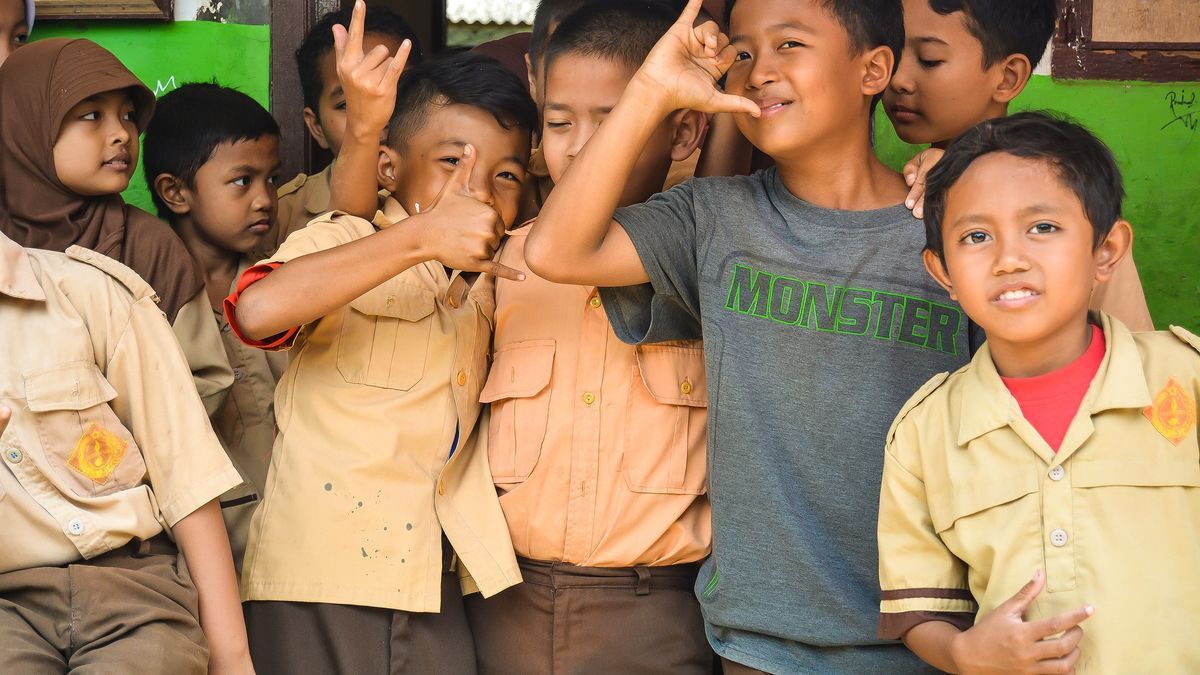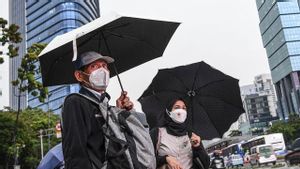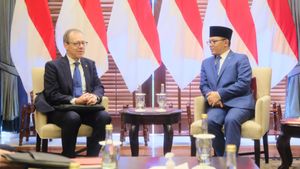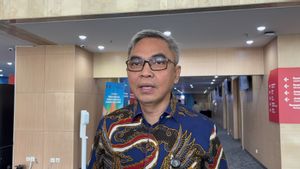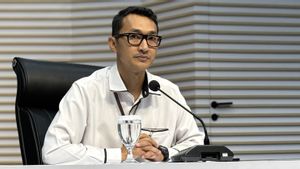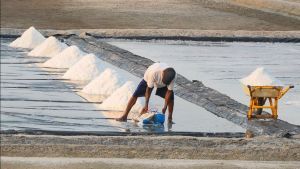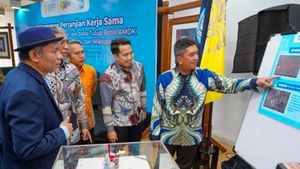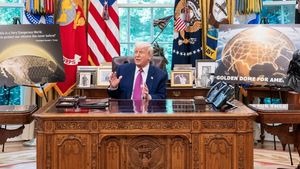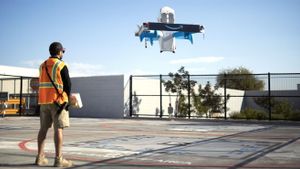JAKARTA - Various obstacles are experienced by students, parents, and teaching staff in the new educational setting, online schools. In many areas, internet networks are minimal and poverty is a problem. The teacher's visit to the student's house is said to be a step to 'outsmart' this condition.
Lecturer at the Teacher Training and Education Faculty (FKIP) Muhammadiyah University of Purwokerto (UMP) Elly Hasan Sadeli saw an ironic reality related to the implementation of online schools. "I see people in rural areas with their economic conditions," said Elly, quoted by Antara, Friday, July 24.
"Never mind tertiary needs, the problem of credit. Maybe in some places there are parents or children who do not have cellphones. This is a problem," he added.
Great sacrifice of the teaching force is needed. They were encouraged to visit the student residence one by one. Perhaps it is also too hard for educators in areas with certain geographical conditions. Long distances and extreme terrain can be serious obstacles.
However, the reality is that online schooling is too impossible for some children. Therefore, the government must stand behind the teachers. "I think the government must provide a solution to this. Not only the needs of the economy affected by this pandemic, also the need for learning media," said Elly.
The role of parentsAmid all the limitations that parents may experience, they must not lose their role in this situation. Parents must be able to optimize their role in developing children's potential, especially in social, religious and cultural aspects. Collaboration between teachers and parents becomes even more crucial.
In terms of education providers, the Ministry of Education and Culture (Kemendikbud) must immediately simplify basic competencies so that the material provided is denser and not too much. Elly admitted that she received many complaints from parents of students, especially children in elementary school (SD) regarding the learning material nowadays is much more complicated, even when compared to the subject matter when they were in school physically.
"For example, from the material of PPKn (Pancasila and Citizenship Education) alone. My son yesterday in grade 1 and grade 2 must understand the context of the values of Pancasila. Suppose they have to understand the points (Pancasila, that's not the time yet. problem, so the government must review the existing curriculum in elementary schools, "he said, who is also the Head of the UMP FKIP PPKn Study Program.
In this case, he said, the level of thinking of children must also be considered because the conditions of complex learning materials will also confuse parents. In order to optimize their role in this situation, parents must also find it easy.
Policies in learning also often show contradictions, such as regulations at the Early Childhood Education and Kindergarten level that students should not be taught how to read, write and count (calistung). However, in practice, being able to read is often one of the requirements for registering as a grade 1 SD student.
"The current condition is indeed a dilemma. With the COVID-19 pandemic, the face-to-face learning system is not possible to implement, so the government has adopted a policy to use online learning for all levels," he said.
The English, Chinese, Japanese, Arabic, and French versions are automatically generated by the AI. So there may still be inaccuracies in translating, please always see Indonesian as our main language. (system supported by DigitalSiber.id)
